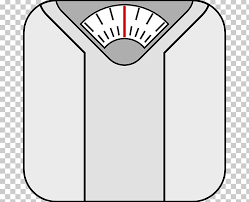I want to know how many calories I am actually burning, to that end I need a fitness tracker that tracks my heart rate and does the math for me.
I don’t need anything that does text messages, email, alarms, weather, GPS, anything like that.
What’s the cheapest most accurate way to do this?
Sorry, I don’t have a lot of insight into which one may be most accurate. But unfortunately, they may all be bad.
Garmin lets you set your calories per day, which you can get measured at certained locations (RMR: resting metabolic rate). Garmin instinct is a great tracker, and if you’re looking for something a bit more fancy, the Fenix is a great series, too.
Edit: I can’t find the settings for setting daily calorie burn, but my calorie tracking does line up with my RMR pretty well.
I recently bought a used Garmin instinct. It seems to do the trick. The measurements seem accurate and it is robust and very cheap.
There is no way to do that. You have to have a precise knowledge of the mass of fat and muscle on your bones, the exact quantity of blood and the ability of that blood to transport and deliver oxygen and nutrients into those tissues. IF you want something accurate, you’d have to precisely measure ALL of the food you eat (and water you drink) and know it’s nutrient makeup and then collect ALL the CO2 you breathe for a day and ALL of your urine and feces and test those to see what’s there. From there you can back-calculate and see what your energy surplus/deficit might be.
Fitness trackers are making assumptions to do those calculations. If you are 30 years old and 5’10" (177.8cm) and weigh 165lbs (74.84kg), then your BMI is 23.7 and you’re probably healthy and it’ll calculate X usage of calories per hour. But that won’t be accurate if you have things like fast or slow metabolism, or heart problems or kidney problems that might affect metabolism indirectly. But it’s accurate enough for most people. The more data you’re willing to put into the equation, like knowing heart rate, breathing rate, sleep, etc. The more accurate the prediction can be, but it won’t be perfect practically ever.

